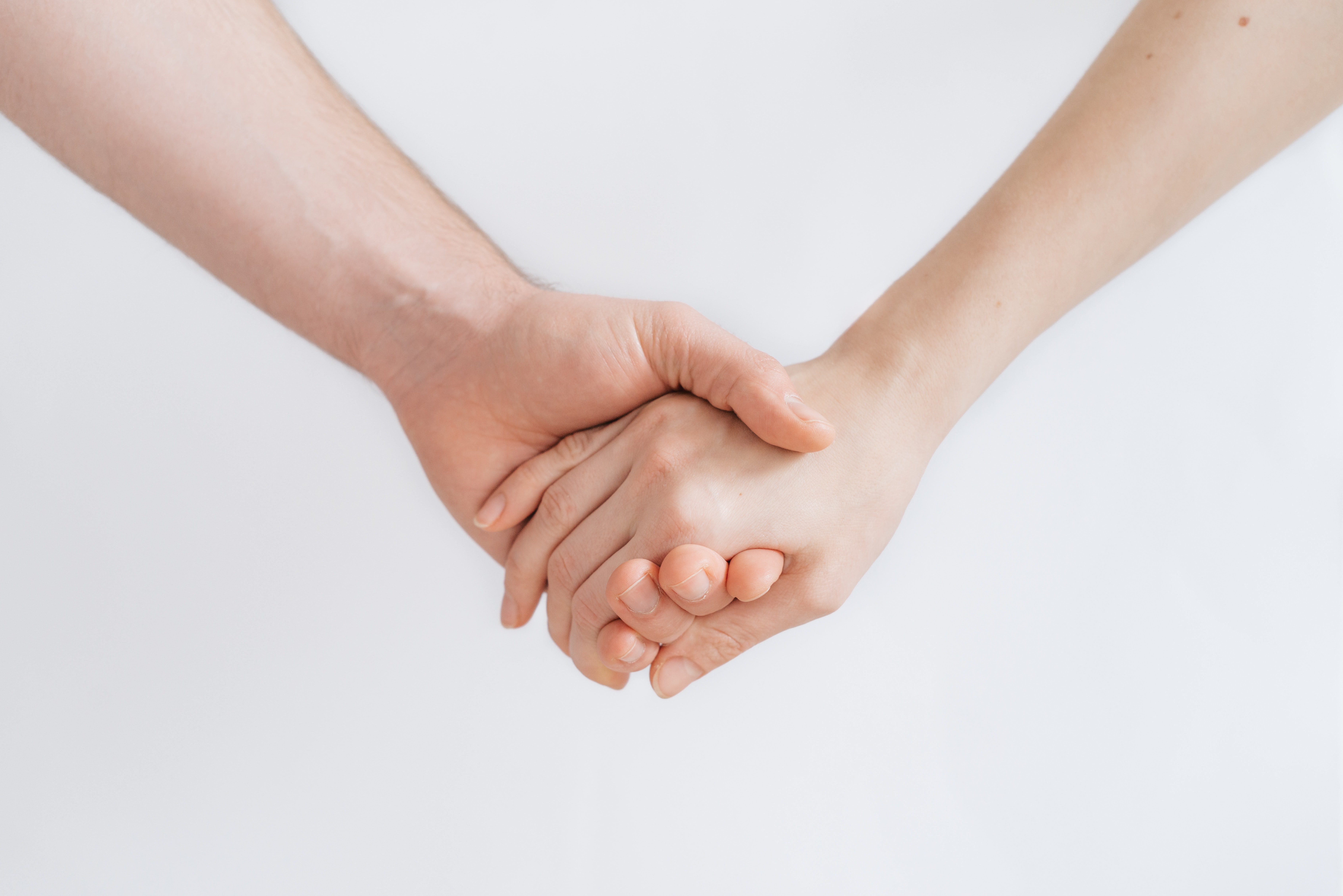Emotional changes after a stroke
A stroke is a traumatic event that can occur in a person’s life and have long-term consequences.
The physical impacts of a stroke on the brain can also affect the chemical balance within the brain, resulting in emotional instability and affecting physical rehabilitation.
A stroke leaves the victim frustrated and unable to perceive their lives or themselves in the same way. The person may feel unable to do the things that identified them, gave them meaning, and gave them enjoyment in life.
As devastating as it is, a stroke survivor will have to deal with emotional and mental changes that can be difficult to deal with. According to a study conducted by the National Library of Medicine, the risk of depression in people who have had a stroke is up to 79%.
The physical impacts of a stroke on the brain can also affect the chemical balance within the brain, resulting in emotional instability and affecting physical rehabilitation.
According to experts, the following are the main tips for dealing with post-stroke depression:
Acknowledgement and assessment of your depression :
It’s important to remember that depression after a stroke is very common among stroke survivors, and it’s a normal psychological reaction to the abrupt changes in one’s body and life, as well as some biological changes in the brain’s functions.
Recognizing your sadness, anxiety, anger, or any other negative emotion is therefore valid, and there is no shame in doing so.
Being aware of your feelings and mood can also help you become more aware of the symptoms and more proactive in changing the situation before it worsens.
Discussing one’s feelings :
It’s true that after a stroke, it can sometimes feel like you’re trapped in your own body. Opening up, letting others in, and throwing up what doesn’t feel right to your loved ones or your doctor is essential, and it is a necessary stage toward recovery.
Because it can be a powerful psychological tool and a way of expressing your need for assistance.
Start social engagement:
Engaging with others and interacting with the outside world can be difficult, but it can also make you feel much better. So, if you ever have the chance to participate in group exercise, support groups, or book clubs, do not pass it up.
These are great ways for you to meet new people and stay connected with others who understand what you’re going through.
Seek professional help:
We recommend rehabilitation gloves at this stage of physical therapy because they aid not only in early treatment to restore movement ability, but also to help stroke survivors have a better quality of life.
Mood disorders can occur at any time after a stroke, so keep your doctor informed of how you are feeling and consider counseling and treatment, since early treatment can greatly aid your recovery, not only emotionally, but also physically.
Conclusion:
We hope that this article has given you some insight into how to handle a stroke.
While it is devastating for some people, it is possible to overcome it with the right treatment and a positive attitude.
It’s important to remember that recovery from a stroke takes time—and that’s okay! Don’t get frustrated if you’re not recovering as quickly as you’d like; just take your time and focus on what matters most: your health.
To read more information about stroke treatment follow Uforya medical social media .


